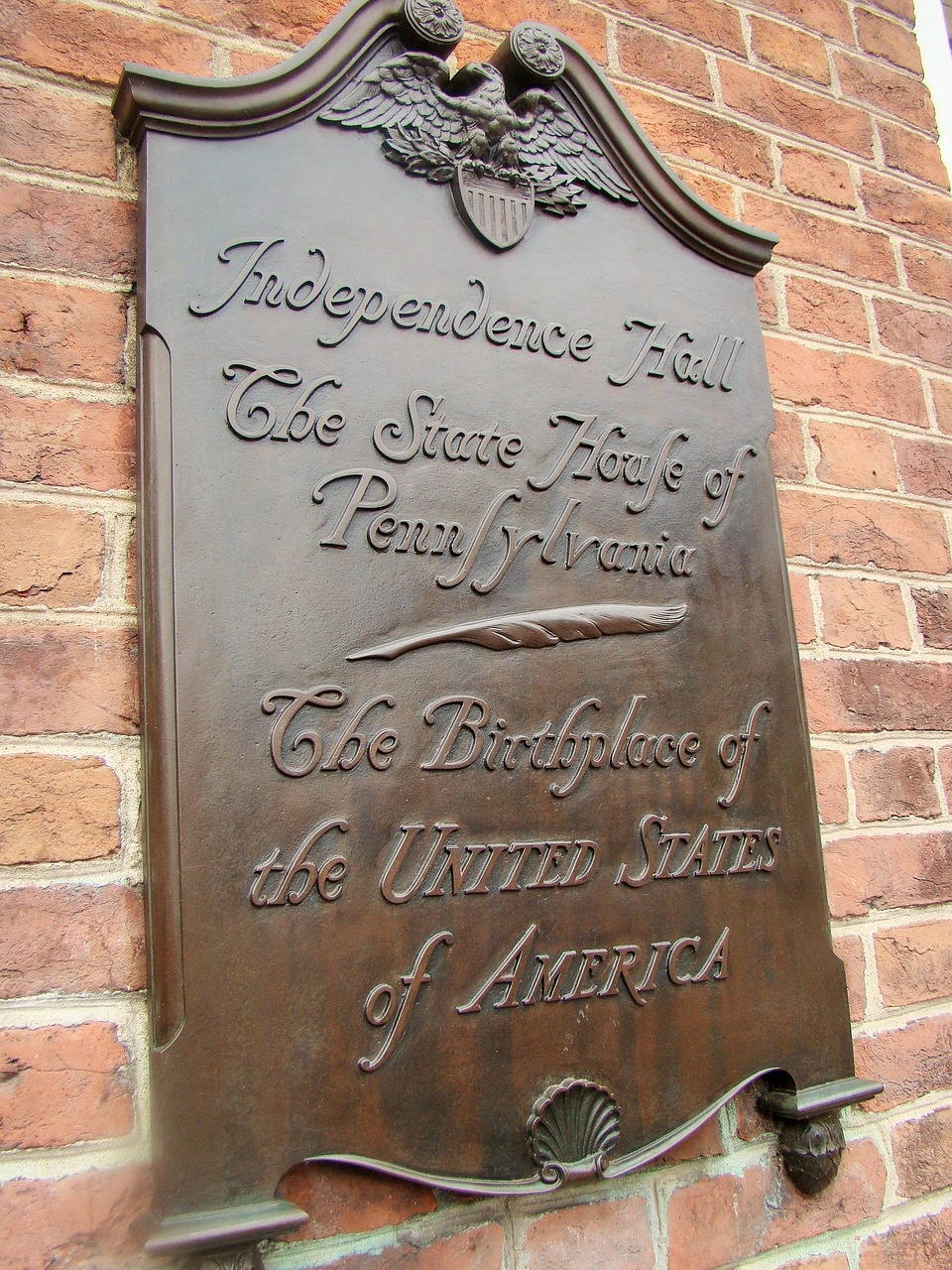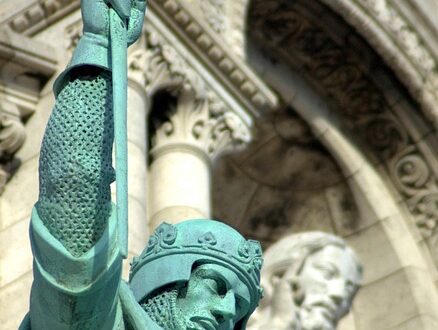The United States Constitution, a beacon of democracy and individual liberty, enshrines the principle of separation of church and state, a cornerstone of American society. This principle, rooted in the First Amendment, safeguards religious freedom and ensures that the government remains impartial in matters of faith. The Federalist Papers, a collection of essays advocating for the ratification of the Constitution, eloquently articulate the importance of this separation and provide valuable insights into its enduring significance.
James Madison’s Enduring Vision
Among the esteemed authors of the Federalist Papers, James Madison stands out as a fervent proponent of the separation of church and state. In Federalist Paper No. 10, he eloquently captures the essence of this principle, stating: “Religious liberty ought to be expressly declared and guaranteed because it is felt so strongly by a great number of the people of the United States.”
Madison recognized the deep-seated connection between religious freedom and political liberty. He understood that government involvement in spiritual matters could lead to oppression and stifle the free exercise of faith. Therefore, he advocated for an unequivocal separation of these two spheres, ensuring that the government could not impose religious beliefs on its citizens.
The Establishment Clause and the Free Exercise Clause
The First Amendment’s Establishment Clause and Free Exercise Clause form the bedrock of the separation of church and state. The Establishment Clause prohibits the government from establishing a national religion or favoring one religion. This safeguard ensures that the government remains neutral in matters of faith and prevents the imposition of any particular religious beliefs on the citizenry.
The Free Exercise Clause, on the other hand, protects the right of individuals to practice their religion freely. It guarantees that the government cannot interfere with an individual’s right to worship, hold religious beliefs, or engage in religious activities. This protection extends to all forms of religious expression, ensuring that no individual is discriminated against based on faith.
Alexander Hamilton’s Advocacy for Religious Tolerance
Alexander Hamilton, another influential voice in the Federalist Papers, echoed Madison’s sentiments regarding the separation of church and state. In Federalist Paper No. 84, he asserted: “To these important ends, to secure religious liberty, to guard the public morals, and to promote the due observance of religious principles, no government ought to be without public worship.”
Hamilton recognized the role of religion in fostering morality and promoting ethical behavior within society. However, he emphasized that the government should not dictate or enforce religious practices, as this would undermine religious freedom and lead to intolerance. Instead, he advocated for a system of religious tolerance, where individuals could freely practice their faith without fear of persecution or discrimination.
John Jay’s Emphasis on Impartiality
John Jay, the third key figure in the Federalist Papers, underscored the importance of separating church and state. In Federalist Paper No. 5, he declared: “The just and uniform system of politics ought to be, as far as possible, unconnected with religion.”
Jay recognized that religious diversity was a defining characteristic of American society and that the government should not favor any particular religious sect or doctrine. He believed that a government impartial in matters of faith could better promote unity and harmony among its citizens, regardless of their religious beliefs.
The Enduring Relevance of the Federalist Papers
With their insights into the separation of church and state, the Federalist Papers continue to guide American society. They provide a framework for understanding the delicate balance between religious freedom and government neutrality, ensuring both are protected and upheld.
In a world where religious tensions often arise, the principles articulated in the Federalist Papers remain as relevant as ever. They remind us that the separation of church and state is not merely a legal doctrine but a fundamental principle that safeguards individual liberty, promotes tolerance, and fosters a more harmonious and inclusive society.
The separation of church and state, as enshrined in the United States Constitution and articulated in the Federalist Papers, stands as a testament to the enduring values of American democracy. It is a principle that protects religious freedom, promotes tolerance, and ensures that the government remains impartial in matters of faith. As the United States continues to navigate the complexities of religious diversity, the wisdom of the Federalist Papers remains invaluable, guiding the nation toward a future where the free exercise of religion coexists harmoniously with a government that respects and upholds the rights of all its citizens.





